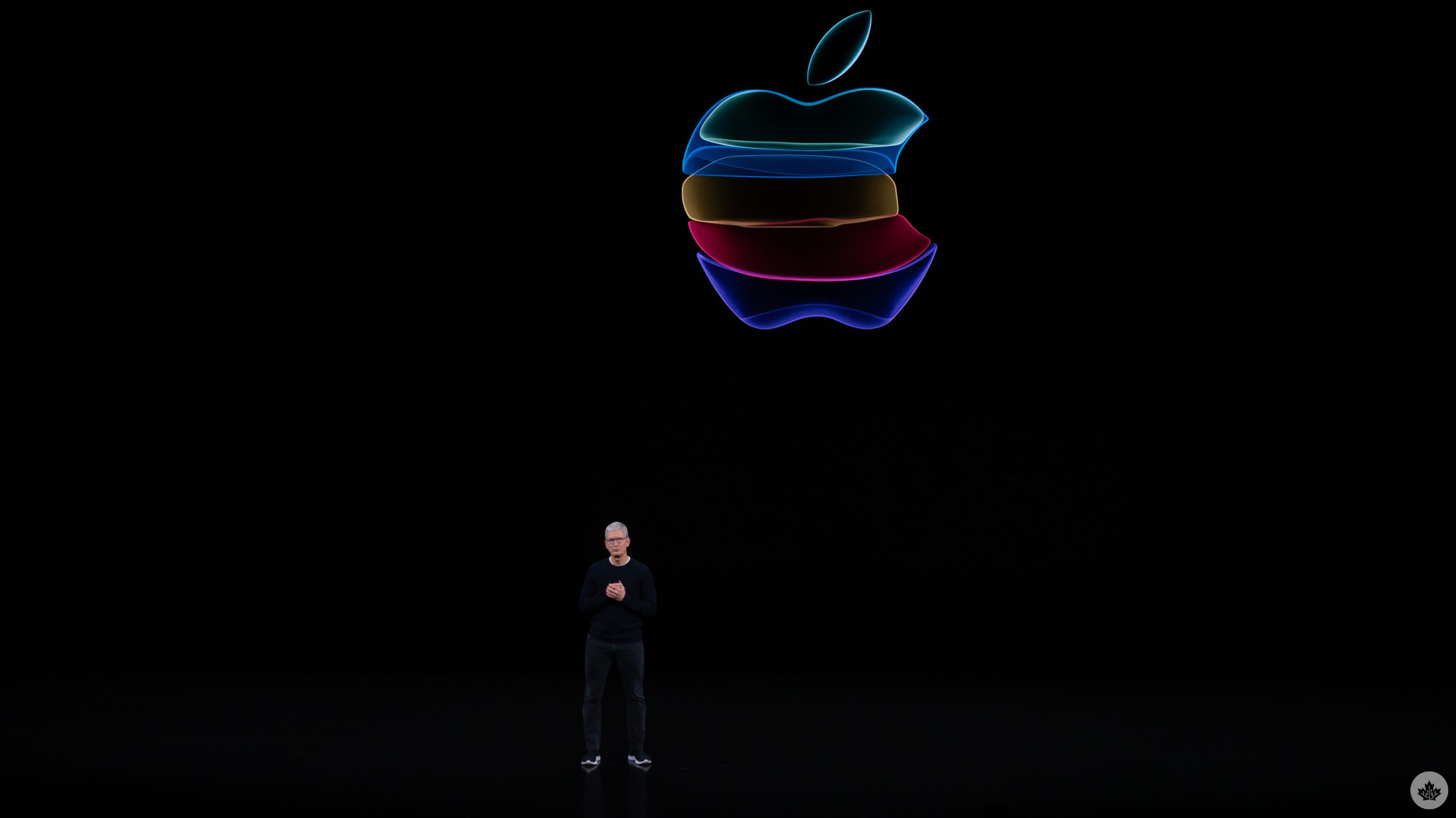
During his keynote speech at the IAPP Global Privacy Summit in Washington D.C., Apple CEO Tim Cook emphasized the tech giant’s focus on privacy and reiterated the company’s stance on the prospect of iOS app sideloading.
“We at Apple are proud to stand alongside all those who are working to advance privacy rights around the world. As a company, we are profoundly inspired by what technology can make possible, but we know too that technology is neither inherently good nor inherently bad. It is what we make of it. It is a mirror that reflects the ambitions of the people who use it, the people who build it, and the people who regulate it,” said Cook.
He also outlined more recent additions to iOS like App Tracking Transparency and emphasized that proposed regulations in certain regions could compromise the security of the iPhone.
“Here in Washington and elsewhere, policymakers are taking steps in the name of competition that would force Apple to let apps onto iPhone that circumvent the App Store through a process called sideloading,” said Cook.
Apple’s CEO said that sideloading would allow “data-hungry companies” to circumvent the tech giant’s privacy rules in order to track users. For example, in the U.S., the Open Markets Act could require Apple to allow sideloading on its iOS and iPadOS devices.
The act was approved by the Senate Judiciary Committee earlier this month and will enter debate in congress shortly. In the European Union, the Digital Marks Act could force Apple to allow sideloading, though the legislation has not been finalized.
While Cook’s speech is a move to protect Apple’s financial interests in the App Store, there’s a lot of truth to his Global Privacy Summit keynote talk.
Cook’s portion of the IAPP Summit 2022 keynote starts at 14:05 (seen above).
Apple’s dominance over the iPhone’s and iPad’s app ecosystem, thanks to its strict grip on the App Store isn’t always great for developers given the roughly 30 percent cut of revenue they’re forced to hand over.
That said, as far as the end-user is concerned, there’s a strong argument that this level of control offers a better user experience in some situations.
It ensures that, for the most part, all apps available to iPhone/iPad users are legitimate, meet a certain standard and mitigate the risk of hackers and scammers.


